Are Vans Good for Lifting? Let’s Learn Together
Author:
Unlock your full potential by engaging with our experts and community! Have questions about your fitness journey or looking for expert advice on weightlifting techniques? Don’t hesitate — leave a comment below and Ihor Shymechko will provide a personalized answer and insights to help you reach your goals.
Torokhtiy is reader-supported. Some links are affiliate links, and we may earn a commission at no extra cost to you. See our disclosure page for details.
Seeing people in running shoes is a common sight in the gym. However, when it comes to weightlifting, Vans are often the preferred kind of shoe. That’s because of their prices, aesthetics, and comfort, as well as their built. However, in this article, we will discuss whether working out in Vans is a good idea and which athletes these shoes are best suited for.
Are Vans good for lifting? Vans sneakers are terrific options for athletes who don’t want to spend too much money on lifting shoes and also for beginners who are just getting into heavy weight lifting. They’re flat, stable, and durable; however, as you progress and get more into weightlifting, you will need to invest in a pair of professional weightlifting shoes.
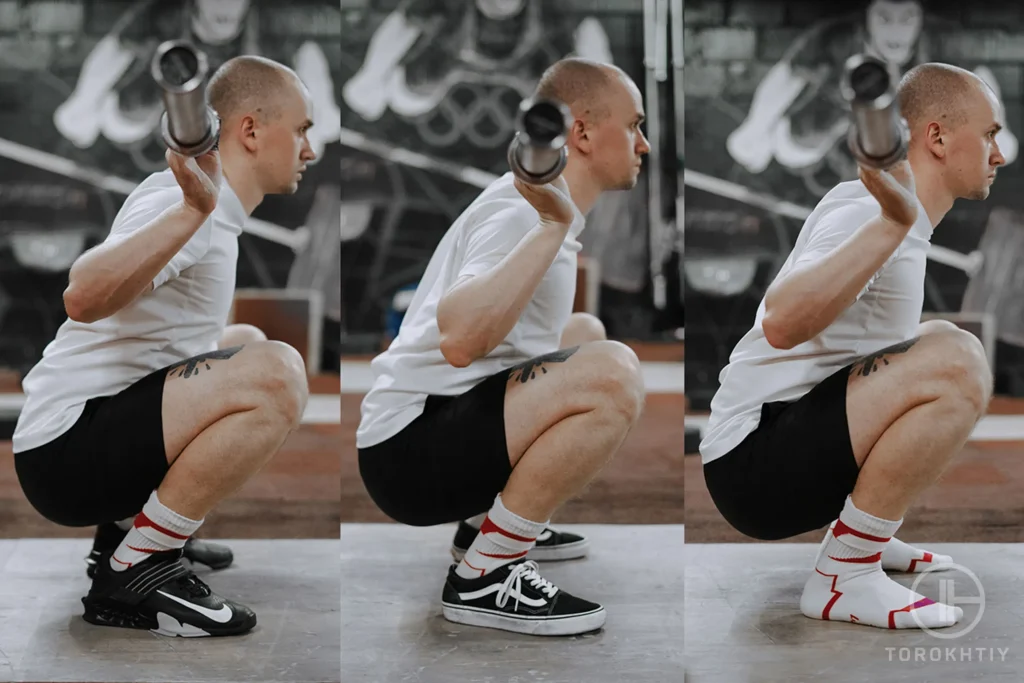
Reasons to Wear Vans for Lifting
Vans for weightlifting might sound like a strange concept for everyone that isn’t in the lifting/fitness community. However, if you go to the gym regularly, it’s likely that you’ve seen many people squatting or deadlifting in Vans or Converses.
And that’s for a good reason. Even though Vans aren’t marketed as shoes for weightlifting, many athletes prefer them because of their build.
What makes Vans for powerlifting or weightlifting a solid option is a fact that they have hard, flat soles, which enable you to be more stable and push more effectively during exercises such as the deadlift. However, that’s not the only reason many people prefer them, so now let’s take a look at several reasons why Vans for weightlifting are a common sight in gyms.
Less Expensive than Lifting Shoes
Traditional lifting shoes are great. However, they are an investment that many athletes (especially ones that are just starting out) don’t want to make. On the other hand, Vans are a solid option because they’re a lot more affordable and can be more easily found in stores that sell footwear.
Typically, a good pair of weightlifting shoes will cause you anywhere from $100 to $200 or more, while Vans can be found for even less than $60. This makes them a good choice for lifters on a budget or for beginners who’re not yet convinced that they will be doing weightlifting in the long run.
Vans are Very Durable
Just because Vans are cheaper than traditional lifting shoes doesn’t mean they’re not high quality or that they will become unusable after just a few training sessions. Vans are typically designed to be used by skaters, so their uppers are incredibly durable, and their vulcanized rubber soles can last forever.
The vulcanized rubber that’s used is unique because the rubber is first compressed and cured by heat, and then there’s a second stream of baking that ensures a more durable foundation for the sneakers.
Incredible Traction and Grip
While performing exercises like the squat or the deadlift remaining stable is of vital importance.
Sliding or slipping can be harmful and lead to unwanted injuries, especially when you perform the exercises with heavy weights; however, thankfully, Vans lifting shoes have incredible traction and grip, and so they keep your feet firmly placed on the ground, regardless of how much weight you’re trying to lift during that particular session.
Along with the soles, which are made from vulcanized rubber and have a waffle pattern, Vans sneakers are also made to be able to grip a skateboard, which means that their outsoles have way more traction than other shoes on the market, enabling you to have a solid stance, even when performing specific exercises like the sumo deadlift.
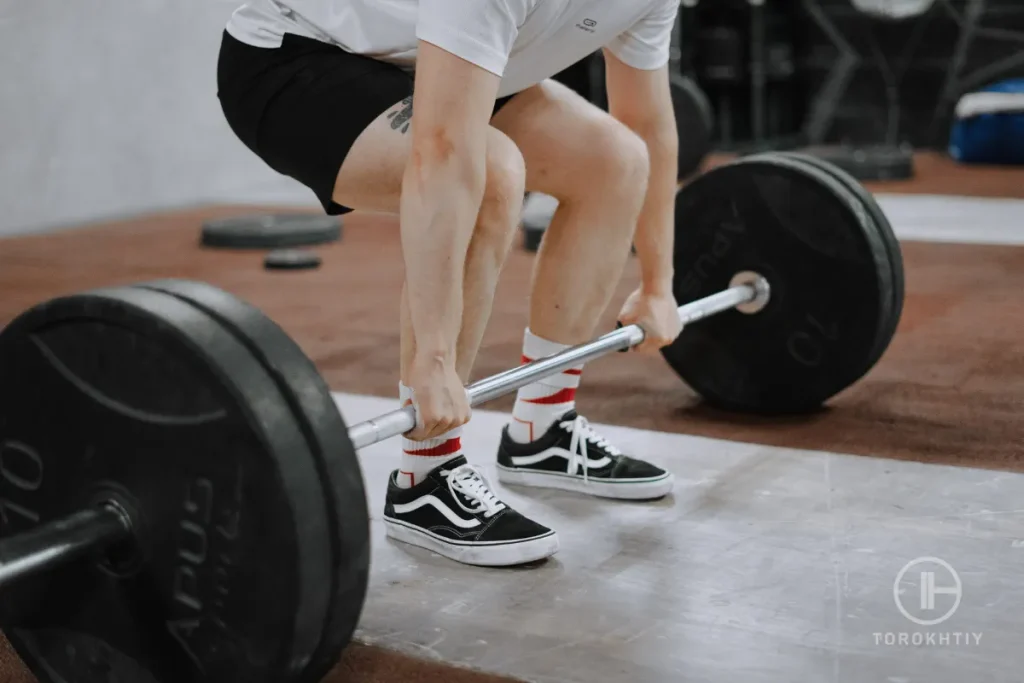
Why Vans Might Not be the Best for Lifting
As we’ve just discussed, there are many benefits that lifters can get from wearing Vans to the gym.
However, that doesn’t mean that they can replace professional weightlifting shoes, especially for those of you who aren’t casual lifters and want to achieve more in your particular sport, regardless of whether that’s powerlifting, Strongman, or Olympic weightlifting.
Having said that, let’s now take a look at two reasons you might want to swap your Vans and choose a professional shoe for your training sessions.
If You Have Limited Mobility
If you lack mobility in your ankles, then you have to forgo Vans and go for a lifting shoe instead.
The way lifting shoes are built, the heel is always a little bit higher than the toe, which makes it easier for the athlete to get into the correct position for lifting exercises such as the squat, front squat, and C&J.
By enabling you to get into the proper stance, lifting shoes also help the athletes get more squat depth, especially if they lack mobility in the ankles.
The whole idea behind lifting shoes is to allow you to lift as much weight as possible by taking the load off your ankles and improving your posture. For people with limited mobility, lifting shoes enable them to get a deeper squat and to feel more comfortable while performing the exercise.
If You’re Chasing Better Results
If you’re a professional or advanced athlete, who wants to achieve better and better results and has specific lifting goals, then investing in a solid pair of weightlifting shoes is a must.
While you might not use them for every training session, they will most likely help you improve by that 1% in particular exercises.
Furthermore, they enhance your body’s position, give you more stability and enable you to make little tweaks to the way you perform exercises so that you get the maximum out of your training sessions.
In What Exercises Should You Avoid Wearing Vans?
Can you wear Vans to the gym at all times? Yes. Should you do it? Probably not. Even though Vans are great for some exercises because of their stability and durability, they also have their limits and not one or two restrictions, which is why they’re not ideal for some training sessions.
For example, if you want to perform lunges, then you might not feel very comfortable doing so in Vans. That’s because the tip of the Vans sneaker is very firm, which limits any movement requiring the bending of toes or feet.
Along with that, if you plan on doing dynamic movements or any kind of cardio, Vans are a no-go. The fact that they have a completely flat sole without any cushioning makes them extremely damaging for exercises like running or jumping, as the entire impact is felt directly on the joints.
That is why, if you’re a fitness enthusiast, you might want to avoid wearing Vans during days when you know you will be doing highly intensive workouts.
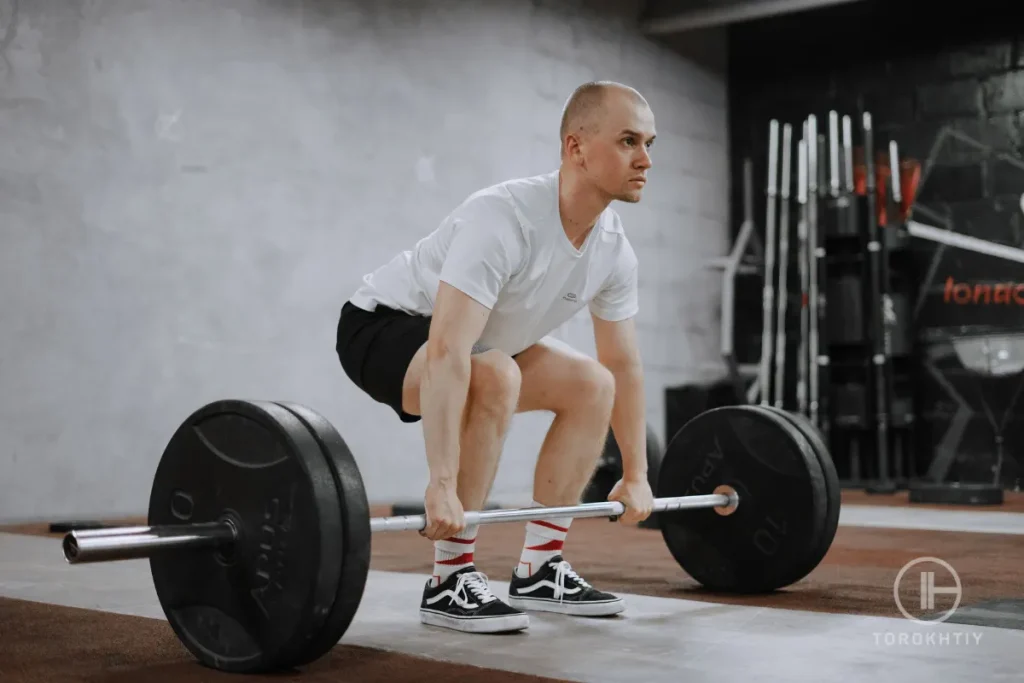
Are Vans Good for Deadlifting?
Vans are a solid option for shoes to wear on days when you know you will be deadlifting. Because of their zero drop sole and the fact that they don’t compress under heavy loads, they can be suitable even for when you will be going for 1-3 reps and close to your maximum.
Along with that, Vans are probably the best non-professional shoes you can get if you plan on doing the sumo variation of the deadlift, as their rubber waffle outsole can create more traction with the gym floor and provide you with more stability during this exercise.
Are Vans Good for Squats?
One of the most frequently seen views in gyms is one of people wearing Vans for squats. And that’s for a good reason; not only are you able to squat in Vans, but they also might be one of the most comfortable and stable shoes for this particular exercise.
That’s thanks again to their flat sole, solid grip on the ground, and sturdy upper, which gives you even more stability. The only time, Vans might not be great for squatting is if you lack mobility in your ankles and find it harder to get depth on the squat with your feet firmly placed on the ground.
However, If you don’t lack mobility in your ankles, it’s likely that these sneakers will give you everything you need to get the most out of your squatting session.
Best Vans for Lifting
Throughout this entire article, we’ve talked about Vans shoes as if they only come in one model; however, that’s not even close to the truth.
If you go on to the Vans website, you will find that they have tons of models, some of which are definitely not suitable for heavy weightlifting sessions, as they tend to lack strings or because they’re platform sneakers, that are heavy and more uncomfortable.
That is why I want to recommend you two models, which are excellent for weightlifting but different from one another so that you can make the best choice based on your preferences.
Vans Authentics
Vans Authentics is one of the brand’s oldest and most well-known models. It’s likely that you’ve seen many people at the gym wearing it, and for a good reason. This model is comfortable and lightweight, with a flat rubber sole that gives you all the benefits we discussed in this article.
Along with that, it’s available for both men and women, comes in a ton of great colors (so that it can match your outfit), and can be found in literally any store that sells sneakers.
It’s the perfect sneaker for beginners, as it’s cheap, can be worn outside of the gym (if you decide heavy lifting isn’t your thing) and one pair lasts forever, so you know that the money isn’t going to waste.
Vans Sk8-Hi
Choosing between Vans or Converse for lifting has been difficult for many athletes, especially the ones who enjoy the aesthetics and design of the Converse. However, if you have a preference for high-top shoes, then there’s also a Vans option suitable for you – the Sk8-Hi.
This model is yet another classic Vans one, and it can be found in stores everywhere. Its build is very similar to the one of the Authentics, with the main difference being that it is a high-top shoe that offers more stability and holds for the ankles. Along with that, it’s a little bit more expensive and heavier than the Authentics.
Alternative Option – NOBULL Gum Outwork
You always want to have an alternative, and the best one comes from NOBULL. They claim these shoes are practically indestructible, and to be completely honest, that’s not really an understatement.
Their incredible durability is the main selling point. The upper is made of SuperFabric, which is a one-piece material that not only combats abrasion but also stands up to years of intense workouts. That’s right, you read correctly – years.
The shoes are solid, well-made, tough, and you don’t have to baby them at all. However intense your workout is, they can handle it easily.
But durability isn’t their only good feature. The low drop design combined with a supportive structure stabilizes your stance during lifts and movements, which means it’s easier to maintain proper form and you’re at less risk of getting injured.
The low stack height keeps you close to the ground and enhances your connection to the floor, so the design promotes natural balance, and that’s very important for weightlifting and any other strength-training exercises.
If you can’t get your hands on Vans or you just want options, this is an excellent one.
FAQ
Is It Better to Lift in Vans or Converse?
This depends entirely on your personal preference, as both shoes have a similar build and profile. With that said, Chuck Taylors were originally made for basketball players, so they have a bit more cushion and can feel more comfortable. On the other hand, Vans shoes are more sturdy and offer a better feel for the ground and more stability.
Are Vans Zero Drop?
Vans shoes have been zero drop since the 60s. What that means is that there is no drop in the sole of the shoe when you look at it from the heel to the toe. Zero drop is essentially another way to say that the Vans are a flat sole shoe.
Are Vans Good for Functional Fitness?
While Vans can be okay for some lifting exercises, they’re generally not recommended for any workout that requires dynamic movement. So, if you plan on running, jumping, or skipping rope during your training session, then it’s best to avoid the Vans and opt for a shoe that’s designed for fitness enthusiasts.
Conclusion
Overall, we can safely say that Vans are a decent pair of lifting shoes. Especially for athletes on a budget, casual lifters, or beginners who don’t want to invest a lot of money in their gear. What makes Vans sneakers a good option is their flat sole, sturdy upper, and overall durability, making them almost essential for any lifter. In the end, I wanted to ask you – have you ever worn Vans sneakers to the gym? And so, what are your opinions on them? Are they a perfect shoe to own, or would you instead invest in a pair of professional weightlifting shoes? Let me know in the comments.
Also read:
- Cross Trainer vs Running Shoes
- Are Basketball Shoes Good For Lifting
- Are Nike Blazers Good For Lifting
- Squatting Barefoot Vs Shoes
- Weightlifting Shoes Guide
References:
- Are You Wearing the Right Shoes for Squatting? // SQUAT UNIVERSITY:
- https://squatuniversity.com/2016/05/06/are-you-wearing-the-right-shoes-for-squatting/
- How Increasing Ankle Mobility Decreases Joint Hostility in Your Lower Body // Greatist:
- https://greatist.com/fitness/ankle-mobility
- Are Specialised Weightlifting Shoes Essential? And What About Bare Feet? // Science for Sport:
- https://www.scienceforsport.com/weightlifting-shoes-are-they-really-needed-and-what-about-going-bare-feet/
Why Trust Us?
With over 20 years in Olympic weightlifting, strength training, nutrition coaching, and general fitness our team does its best to provide the audience with ultimate support and meet the needs and requirements of advanced athletes and professional lifters, as well as people who strive to open new opportunities and develop their physical capabilities with us.
By trusting the recommendations of our certified experts in coaching, nutrition, and sports training programming, as well as scientific consultants, and physiotherapists, we provide you with thorough, well-considered, and scientifically proven content. All the information given in the articles concerning workout programming, separate exercises, and athletic performance, in general, is based on verified data.
The product testing process is described in more detail here.
Author: Ihor Shymechko
Pro Olympic Weightlifter, Coach
Best Results: Snatch – 208 kg,
C&J – 240 kg
Ihor has been a professional weightlifter since 1996, boasting over two decades of competition experience. His notable achievements include clinching the European Championship in 2009 and securing a silver medal in the 105kg division at the Senior World Championships in 2011. Ihor represented his country in the 2008, 2012, and 2016 Summer Olympics. After retiring from competitive weightlifting, he transitioned to coaching, leveraging his vast experience to guide athletes who now compete on both national and international stages.



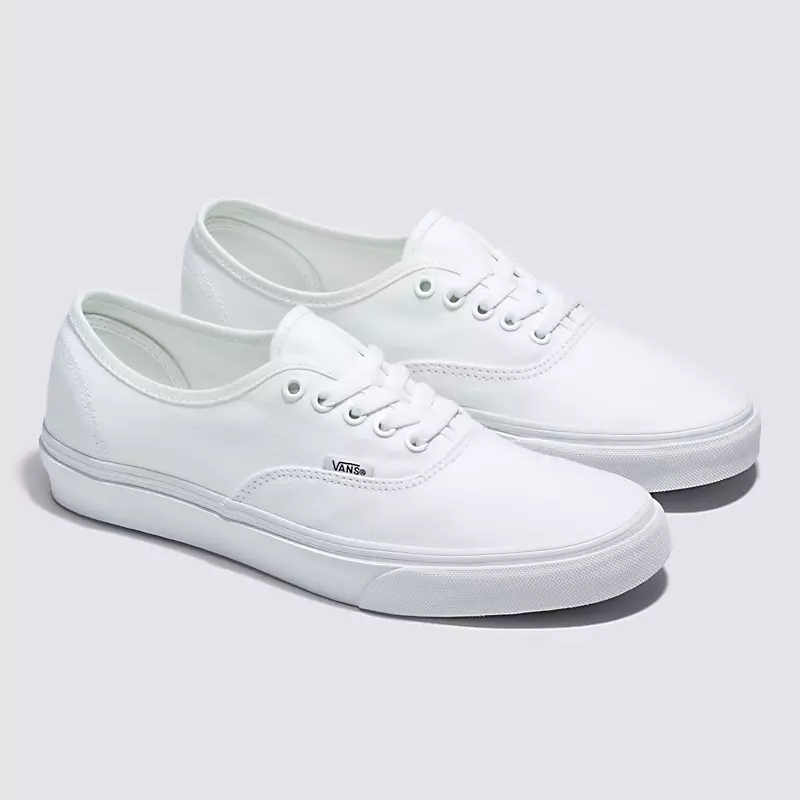
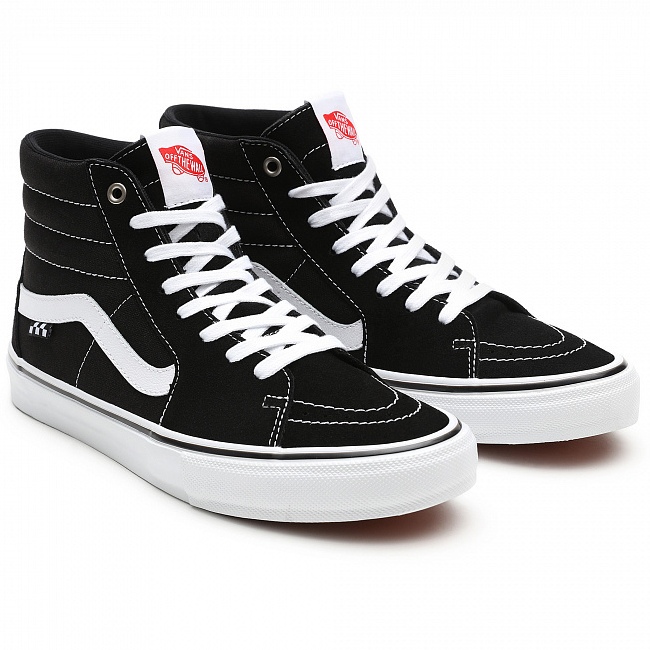
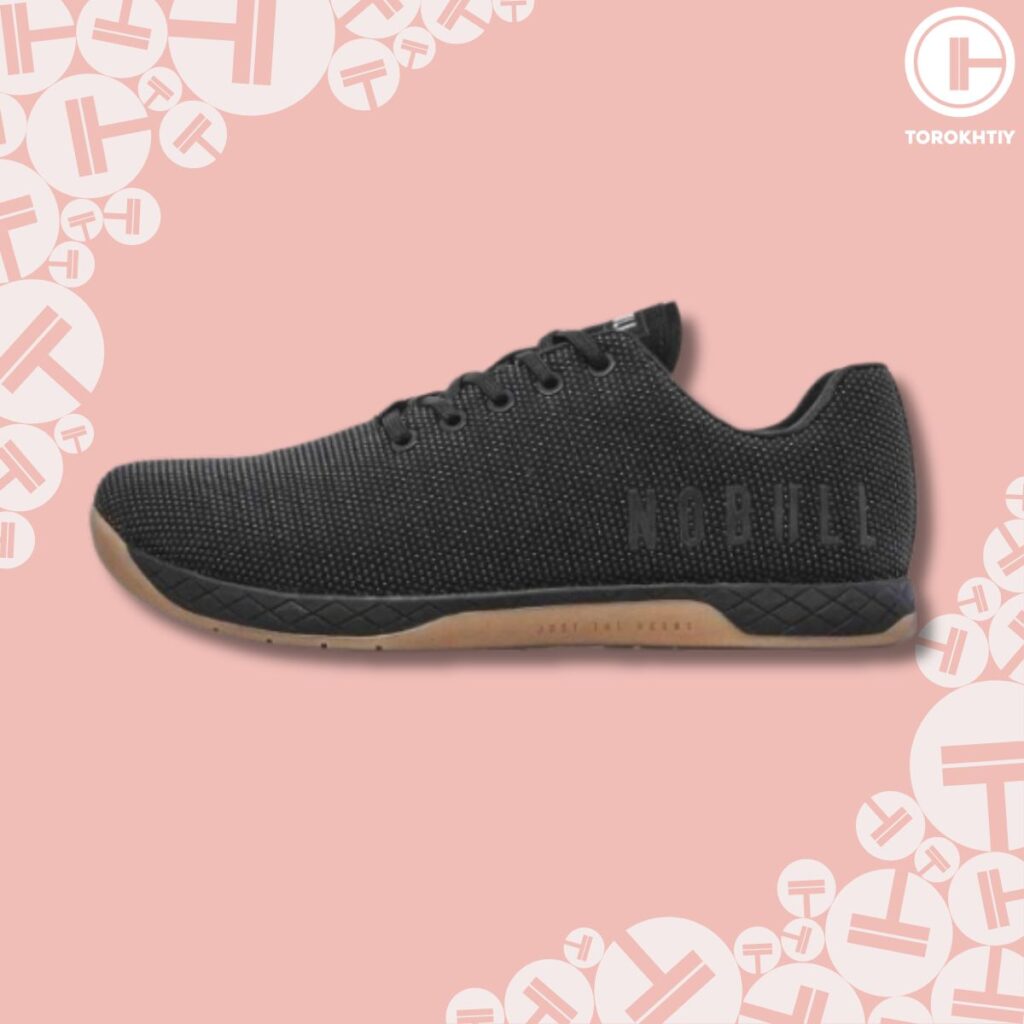
Still have questions after reading our article? Unlock your full potential by engaging with our experts and community! Don’t hesitate — leave a comment below and Ihor Shymechko will provide a personalized answer and insights to help you reach your goals.